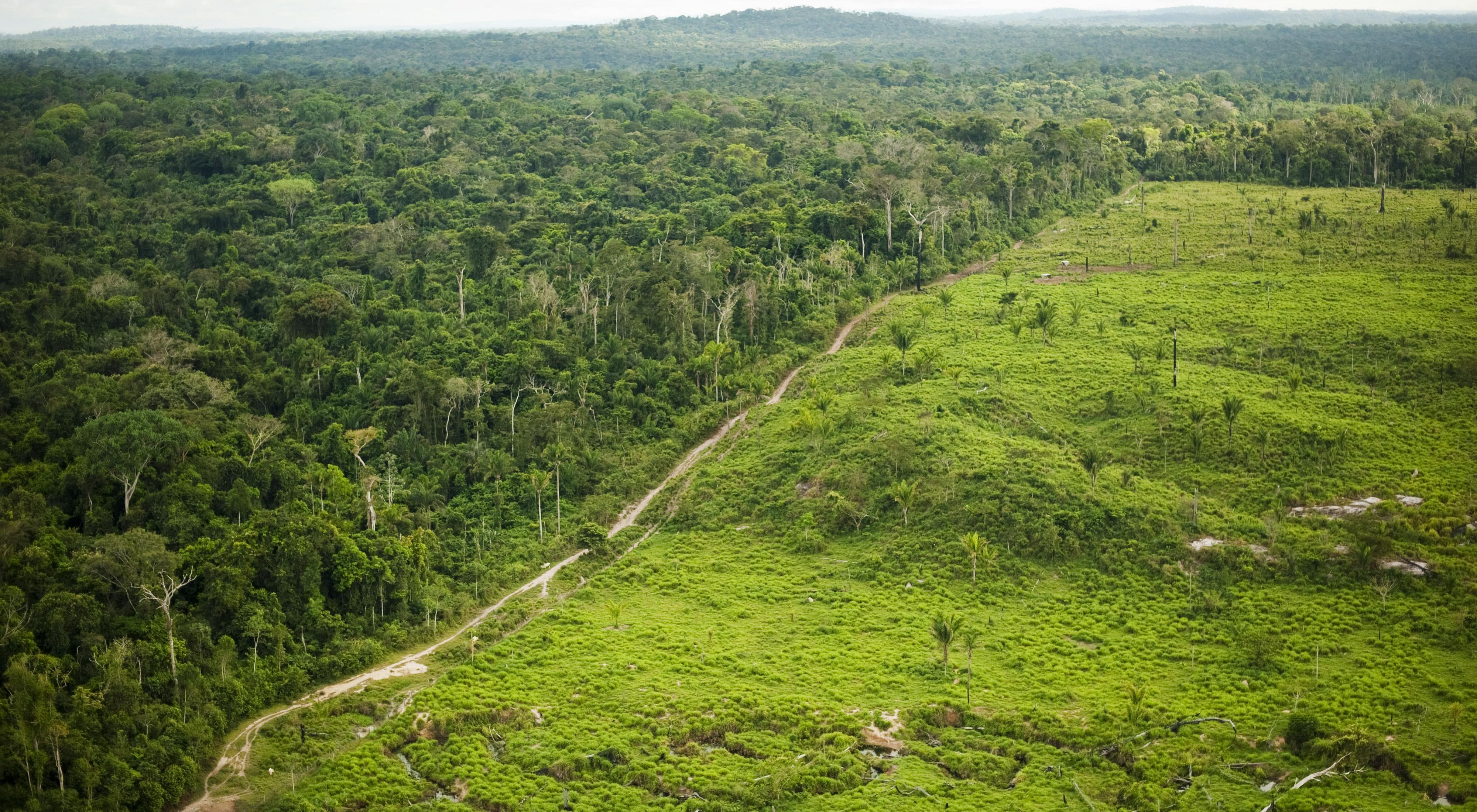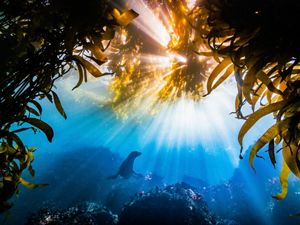Landmark EU Legislation Will Make European Consumption Deforestation-Free – A Big Step, But the Implementation Can Go Further to Curb Deforestation
The EU Deforestation Regulation is finalized just as global leaders gather in Montreal for UN Biodiversity Conference CBD-COP15
Media Contacts
-
Bridget Jennions
The Nature Conservancy
Email: bridget.jennions@tnc.org
The EU has announced today that it has ratified a first-of-its-kind law mandating that selected commodity imports be deforestation-free to minimize Europe’s impact on ecosystem conversion in the tropics. Through this new legislation, the EU sends a major signal to countries and industry that the world is moving on from damaging production practices and that the EU is serious about ending deforestation.
Welcoming the new legislation, Noor Yafai - Europe Director Global Policy and Institutional Partnerships at The Nature Conservancy (TNC) - said: “This new EU deforestation law is a world-first, and we congratulate the European Council and the Parliament for prioritizing a rapid and robust negotiation process to get this landmark legislation over the line.”
“We believe this legislation will be a ‘game changer’ in global efforts to combat deforestation. If successfully implemented, the benefits of this law could extend beyond what is indicated in the final text -- not only making EU consumption deforestation-free, but also driving meaningful progress towards reducing deforestation overall in tropical countries and setting historic precedents for other major economies to follow.”
Quote: Noor Yafai
We believe this legislation will be a ‘game changer’ in global efforts to combat deforestation.
TNC Paper on EU Deforestation Legislation
The Critical Role of Incentives and Engagement with Producer Countries in Ensuring Success
Download the PaperTo complement the finalization of this monumental new law, TNC is today releasing a policy paper outlining five key recommendations for the implementation stage of the legislation to ensure its longevity and effectiveness. TNC is committed to working with the EU on the implementation of the new law by utilizing its extensive experience working with governments, industry, and local communities in deforestation hot spots to ensure the legislation succeeds.
“Implementation is key. As this legislation enters this new phase, there are several opportunities to focus on accompanying measures that will help strengthen and future-proof the new law, particularly by incentivizing producers to address land-use dynamics in commodity production,” said Matthew Sielski, TNC’s Senior Policy Advisor for Deforestation and Trade. “We have identified five key recommendations for policymakers as they implement the law, focusing on complementary measures that will help producers shift production away from damaging land-conversion practices, which could help accelerate the EU’s legislative goals and significantly contribute to the success of the new law.”
In addition to providing practical solutions that address the problem of deforestation at its core, the paper points to the significant potential of the EU Observatory on Deforestation and the recently announced EU Forest Partnerships in strengthening this legislation. The paper also provides recommendations on how to strengthen cooperation frameworks with other major consumer markets and expand the scope of the legislation to include other natural ecosystems.
The Nature Conservancy is a global conservation organization dedicated to conserving the lands and waters on which all life depends. Guided by science, we create innovative, on-the-ground solutions to our world’s toughest challenges so that nature and people can thrive together. We are tackling climate change, conserving lands, waters and oceans at an unprecedented scale, providing food and water sustainably and helping make cities more sustainable. The Nature Conservancy is working to make a lasting difference around the world in 81 countries and territories (40 by direct conservation impact and 41 through partners) through a collaborative approach that engages local communities, governments, the private sector, and other partners. To learn more, visit nature.org or follow @nature_press on X.



